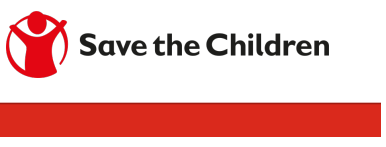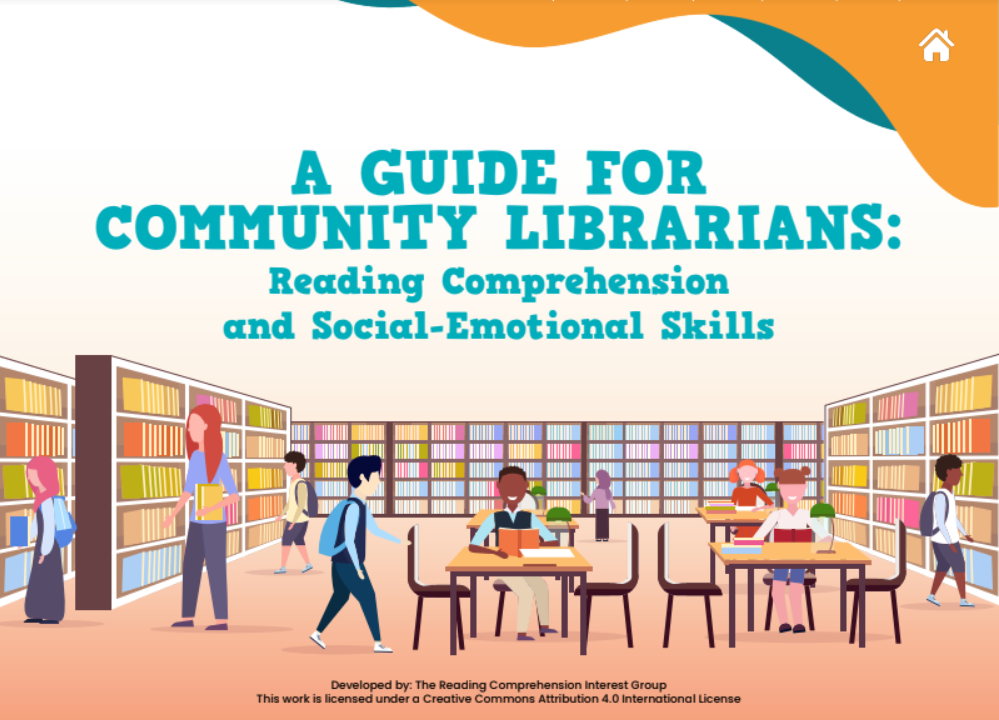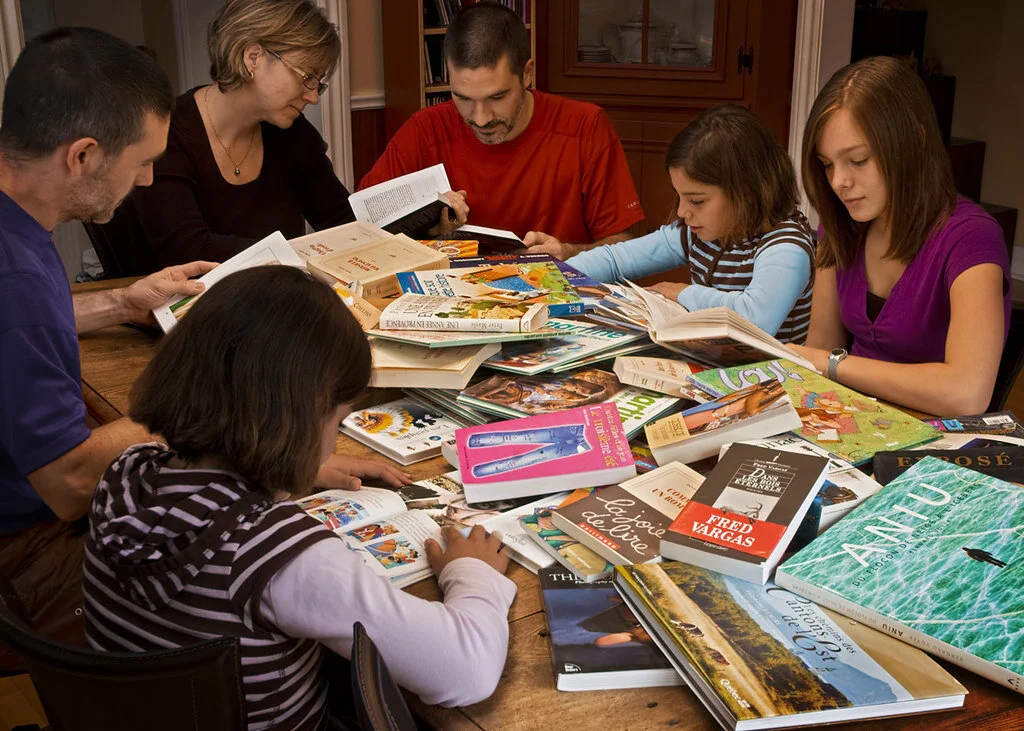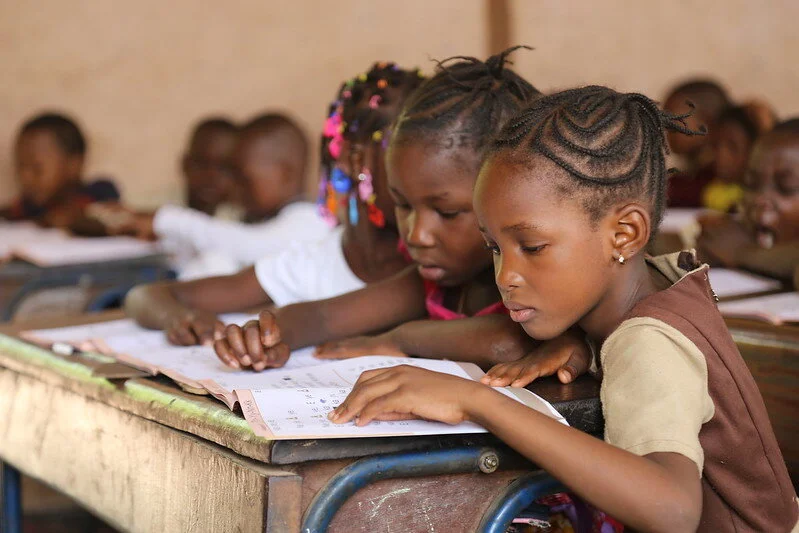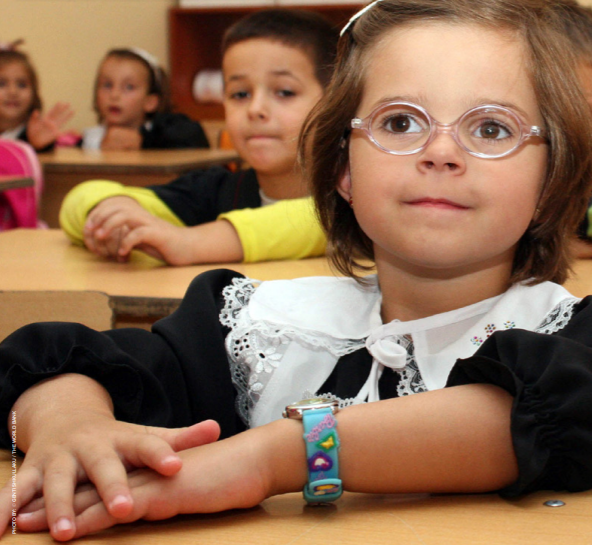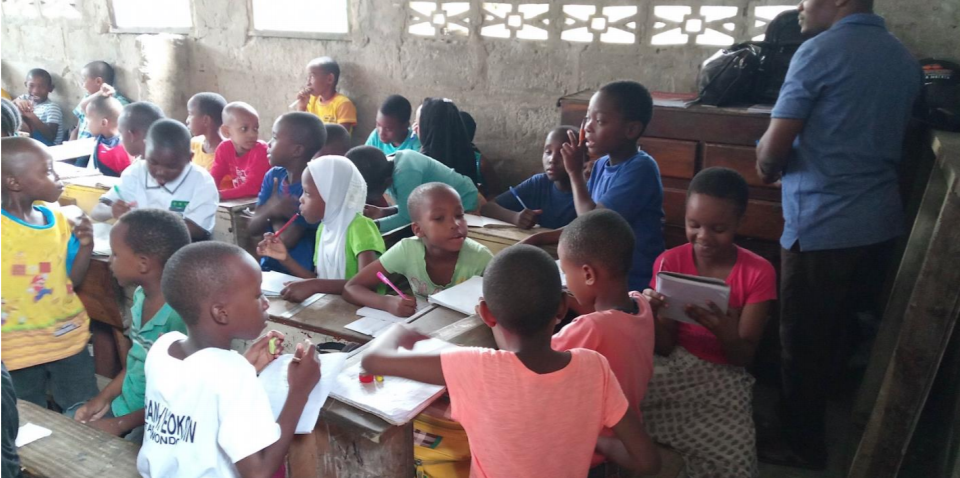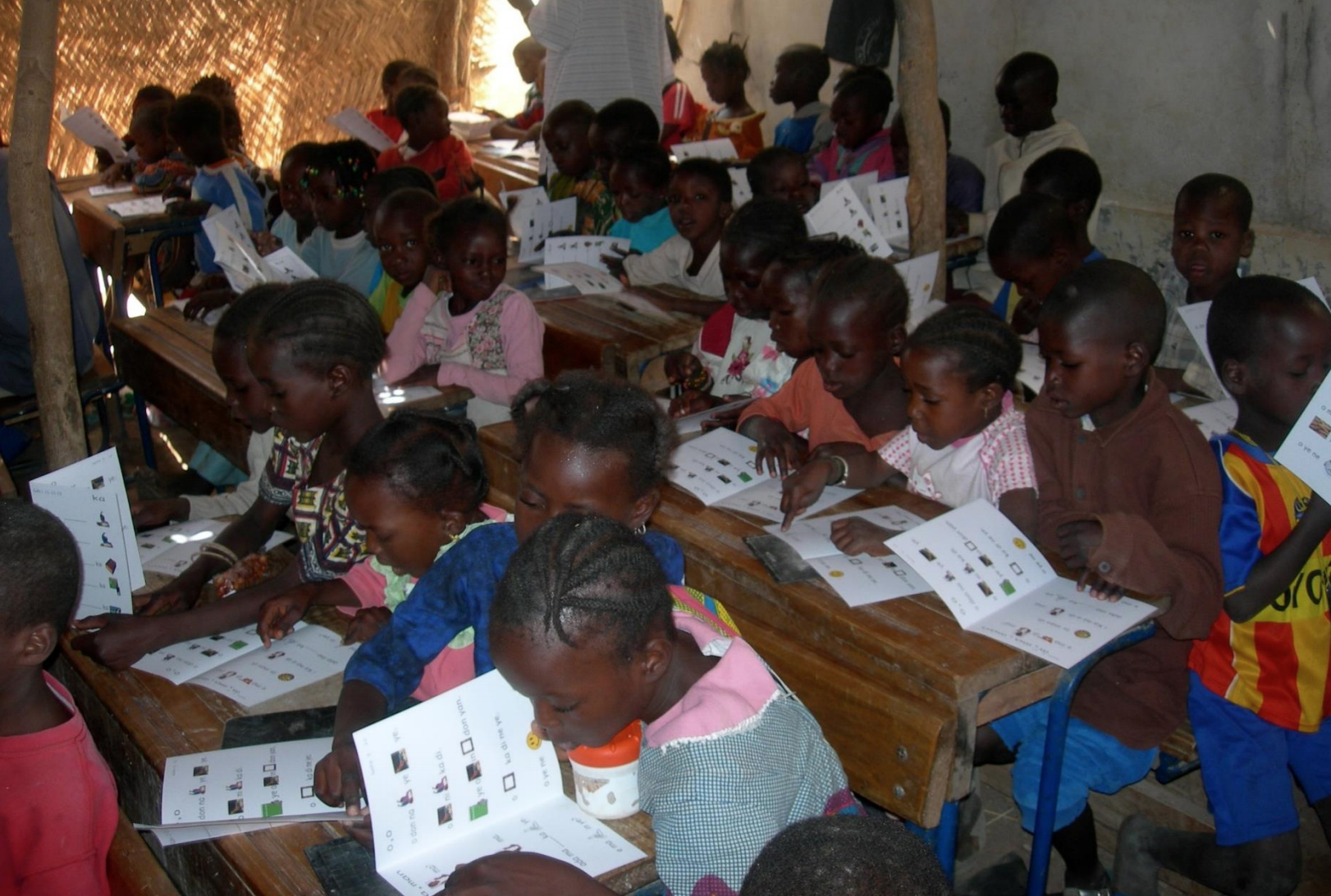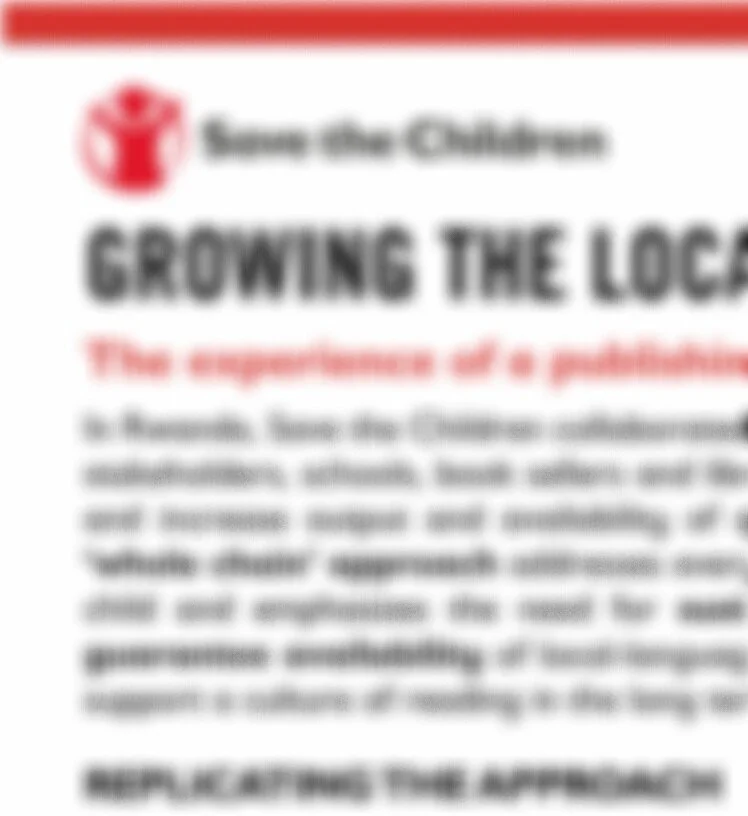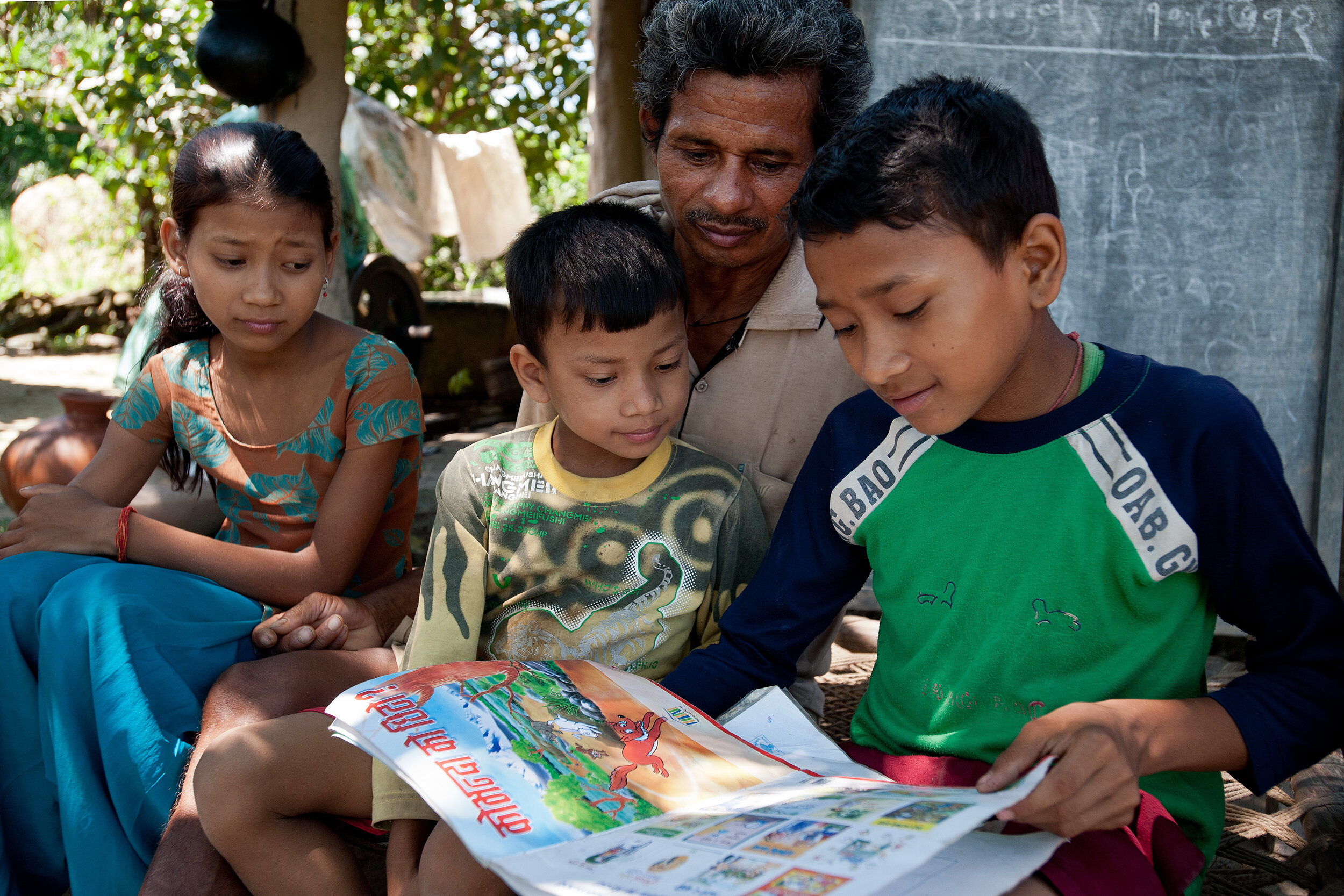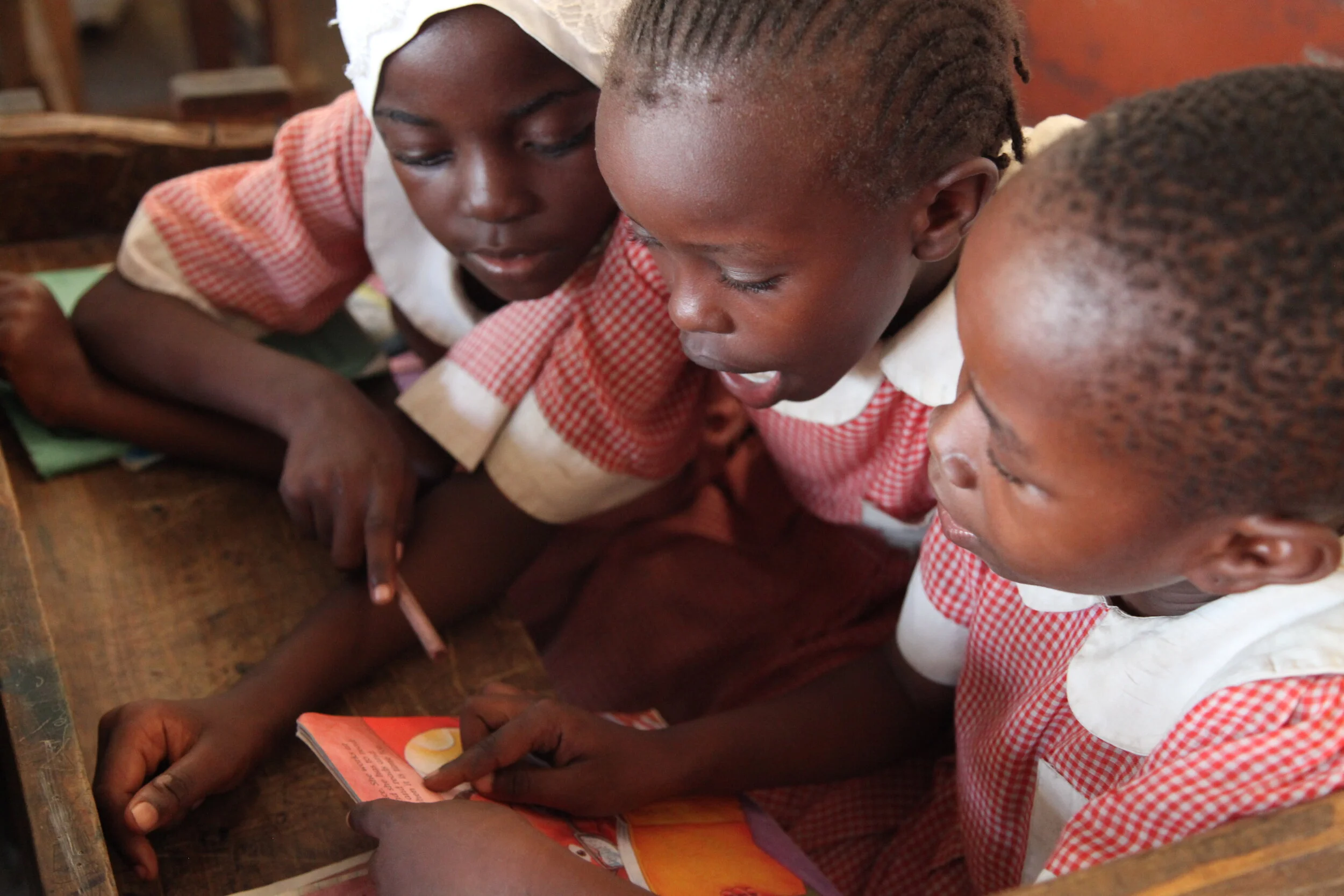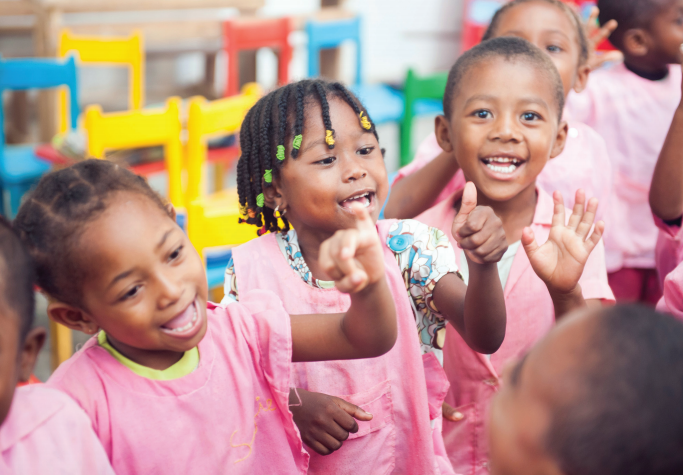In Rwanda, Save the Children collaborated with Education and Culture Ministries, publishing industry stakeholders, schools, book sellers and libraries in order to strengthen existing systems and increase output and availability of quality local language children’s books. This ‘whole chain’ approach addresses every step of a book’s journey from authorship to child and emphasizes the need for sustainable, profitable industries which will guarantee availability of local-language, contextually relevant reading materials to support a culture of reading in the long term.
Accessible Digital Textbooks using Universal Design for Learning
This document outlines the details of accessible digital textbooks (ADT), its benefits, and the ways it can be implemented in countries across the world. This initiative uses a universal design for learning that enhances the need for books like ADT not just for students with disabilities, but all students.
A Guide for Strengthening Gender Equality and Inclusiveness in Teaching and Learning Materials
USAID/RTI International, 2015
This guide advances global efforts toward greater gender equality and inclusiveness in education by providing guidance on how to develop and evaluate materials that are free of bias and that promote equality and inclusiveness of all marginalized, disadvantaged, and underrepresented groups.
Family Scholarly Culture and Educational Success: Books and Schooling in 27 Nations
Promoting Language and Literacy Development through Parent–Child Reading in Hong Kong Preschoolers
How Reading Books Fosters Language Development around the World
Identifying the Essential Ingredients to Literacy and Numeracy Improvement: Teacher Professional Development and Coaching, Student textbooks, and Structured Teachers’ Guides.
World Development, 2018
This piece documents the Kenya Primary Math and Reading Initiative, a randomized controlled trial that evaluated the benefits of (1) teacher PD and teacher instructional support and coaching; (2) revised student books in literacy and numeracy, at a 1:1 ratio, added to PD and instructional support; and (3) structured teacher lesson plans added to student books, PD, and instructional support.
Realizing the Future of Learning: From Learning Poverty to Learning for Everyone, Everywhere
World Bank Group 2020
GBA partner the World Bank recently released a report. In it, the authors describe how the COVID-19 pandemic has exacerbated existing inequities which they called a “crisis within a crisis,” because of the sharp increase in students now living in “learning poverty,” that is, without school and/or appropriate learning experiences.
Democratic Republic of Congo: Can Incentives to Take Home Textbooks
The Experience of Soma Book Café in Facilitating Children’s Creativity
Soma Book Cafe 2020
Soma Book Café is a readership promotion space and innovative co-creation hub for literary expression and multimedia storytelling approaches. This case study looks at how the organization Soma contributes to the creation of a reading culture by promoting reading for pleasure and literary expression, and how Soma has become a hub for readership-related information and a center of literary activities.
Getting Textbooks to Every Child in Sub-Saharan Africa: Strategies for Addressing the High Cost and Low Availability Problem
World Bank Group 2015
This report focuses on cost and financing barriers to textbook provision in sub-Saharan Africa. It explores, in depth, the cost and financial barriers that restrict textbook availability in schools across much of the region. It also examines policies adopted in India, the Philippines, and Vietnam that have helped these countries make textbooks affordable and available for all children. Finally, the study provides a thorough assessment of the pros and cons of digital teaching and learning materials and cautions against the assumption that they can immediately replace printed textbooks.
Survey of Children's Reading Materials in African Languages in Eleven Countries
RTI International 2016
This report provides a detailed description of the current supply of early-grade reading materials in African languages in the following 11 countries in sub-Saharan Africa: the Democratic Republic of the Congo (DRC), Ethiopia, Kenya, Malawi, Mali, Mozambique, Nigeria, Senegal, Tanzania, Uganda, and Zambia.
Growing the Local Book Industry: The Experience of a Publishing Collaborative in Rwanda
Save the Children 2020
This guide to the ‘whole book chain’ approach addresses every step of a book’s journey from authorship to child and emphasizes the need for sustainable, profitable industries which will guarantee availability of local-language, contextually relevant reading materials to support a culture of reading in the long term.
Enjoying Books Together: A Guide for Teachers on the Use of Books in the Classroom
Enjoying Books Together at Home: Ideas for Parents & Careers for Encouraging Reading.
GBA’S Guidance Note: Reading and Learning During Global Emergencies
Using Information Communications Technologies to Implement Universal Design for Learning
USAID 2020
The purpose of this paper is to facilitate the implementation of Universal Design for Learning (UDL), with a particular emphasis on supporting students with disabilities to acquire literacy and numeracy skills. The paper focuses on how technology can support foundational skills acquisition for students with disabilities. The paper highlights how technologies, such as digital books, sign language video books, and free platforms like the Global Digital Library are bridging learning gaps.
Learning for Uncertain Futures: The Role of Textbooks, Curriculum, and Pedagogy
UNESCO 2020
This paper argues that innovative curriculum, textbooks and pedagogy should promote students’ ability to flourish in rapidly changing times. They should facilitate approaches to teaching and learning that prepare both teachers and learners to respond to uncertainty. Such approaches recognize the abiding value of both cognitive and affective learning and acknowledge the need for both conceptual mastery and open-ended learning.
First Principles for Early Grades Reading Programs in Developing Countries
USAID, IRA, and AIR 2009
First Principles is a guide to incorporating reading and literacy into new projects and developing effective early grades reading programs. It describes a principled approach to observing core dimensions of effective early grades reading programs, including active teaching and learning in supportive learning environments. Strategies and tools are provided to record evidence of first principles at work in local communities, schools, and classrooms.
Towards the Design and Implementation of Comprehensive Primary Grade Literacy and Numeracy Programs
USAID 2019
A new paper by the Global Reading Network explores the essential components of early numeracy and literacy programs as a foundation for children's future success. "Towards the Design and Implementation of Comprehensive Primary Grade Literacy and Numeracy Programs" outlines a framework to help educators meet the standards for pedagogy and learning in designing large-scale and comprehensive literacy and numeracy programs for children in developing countries.

